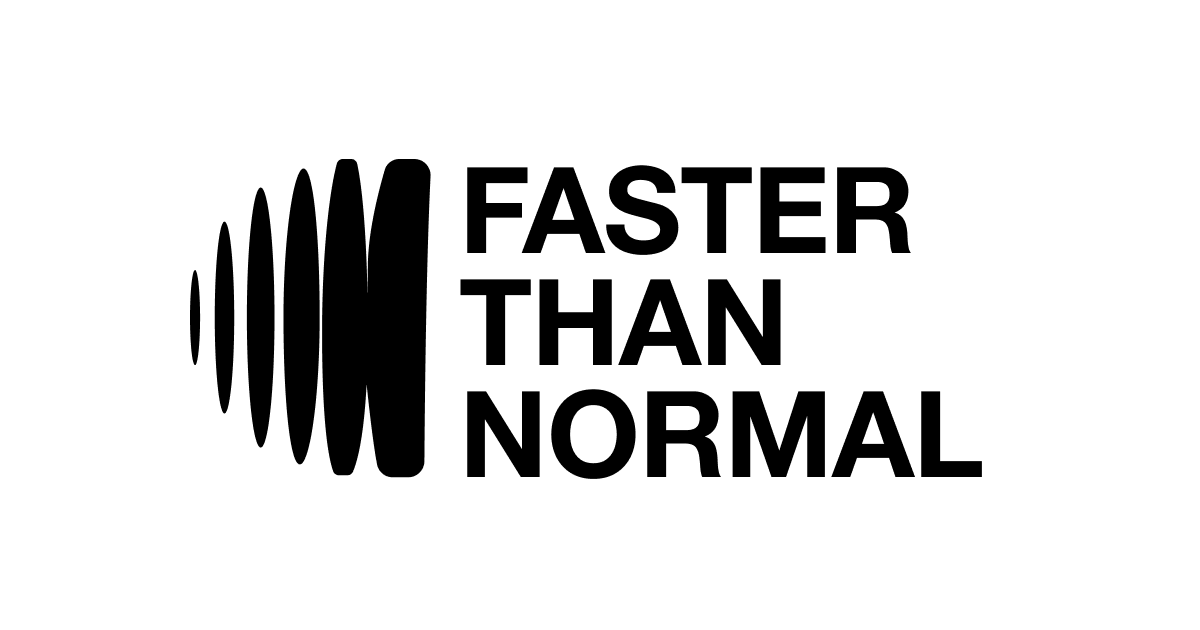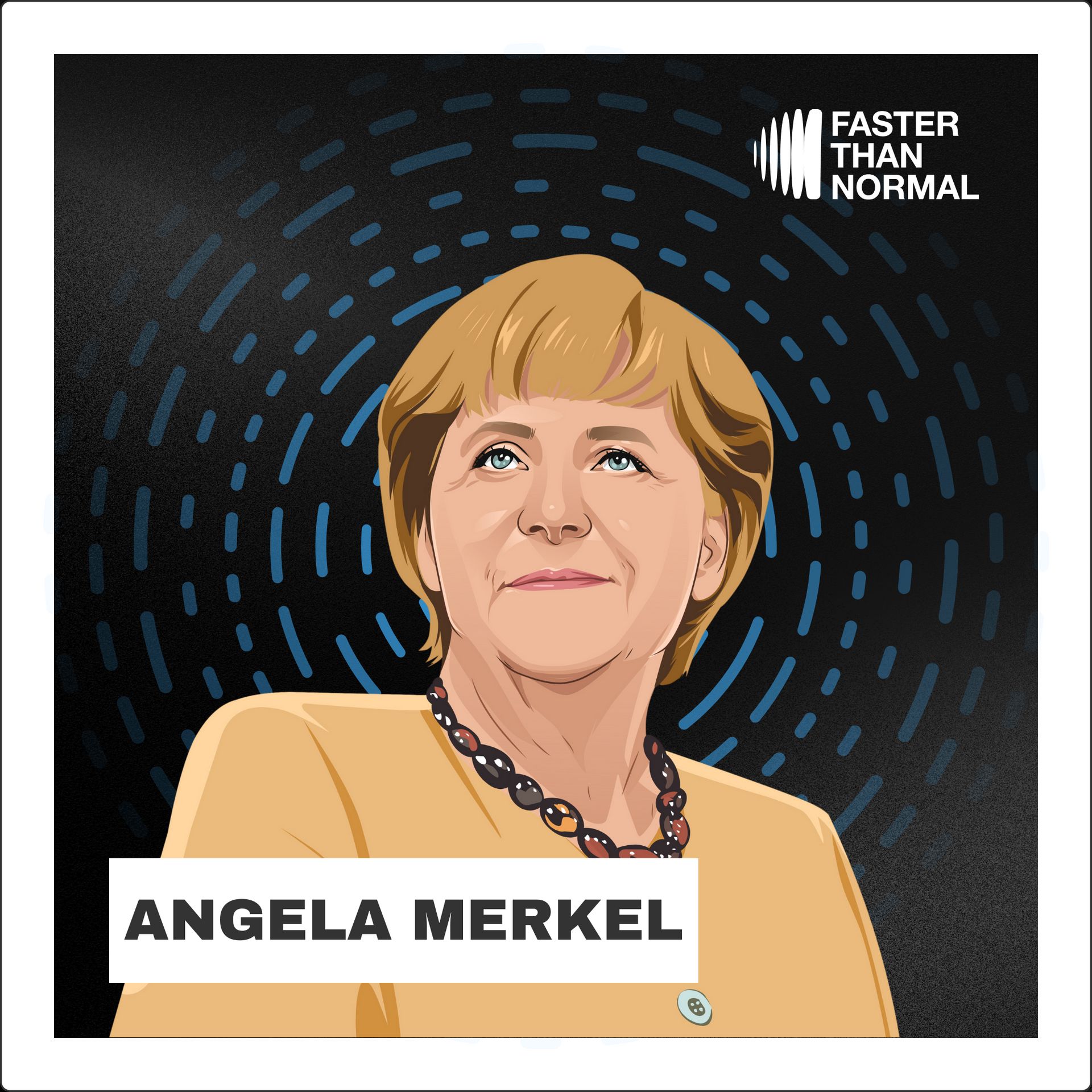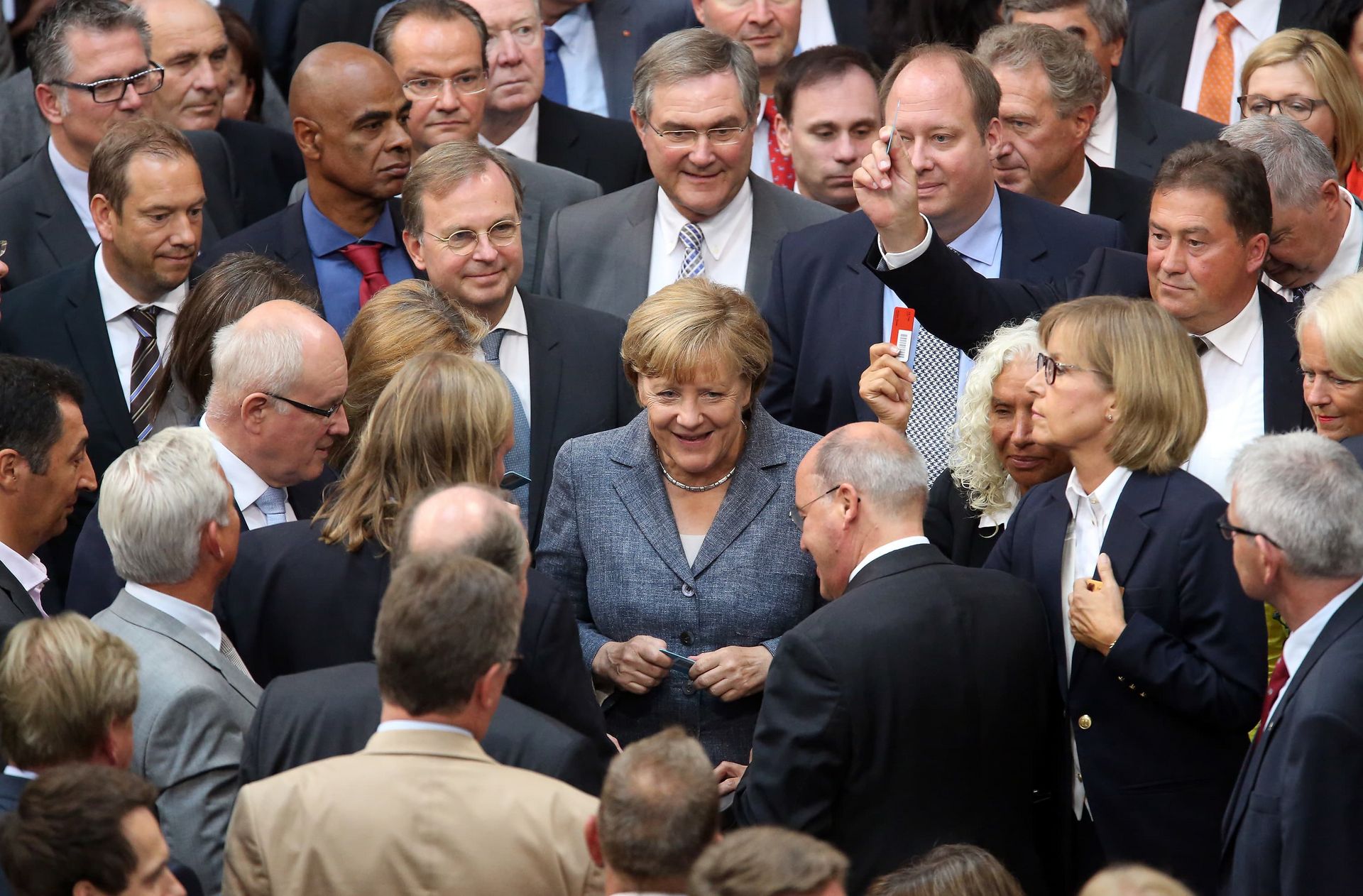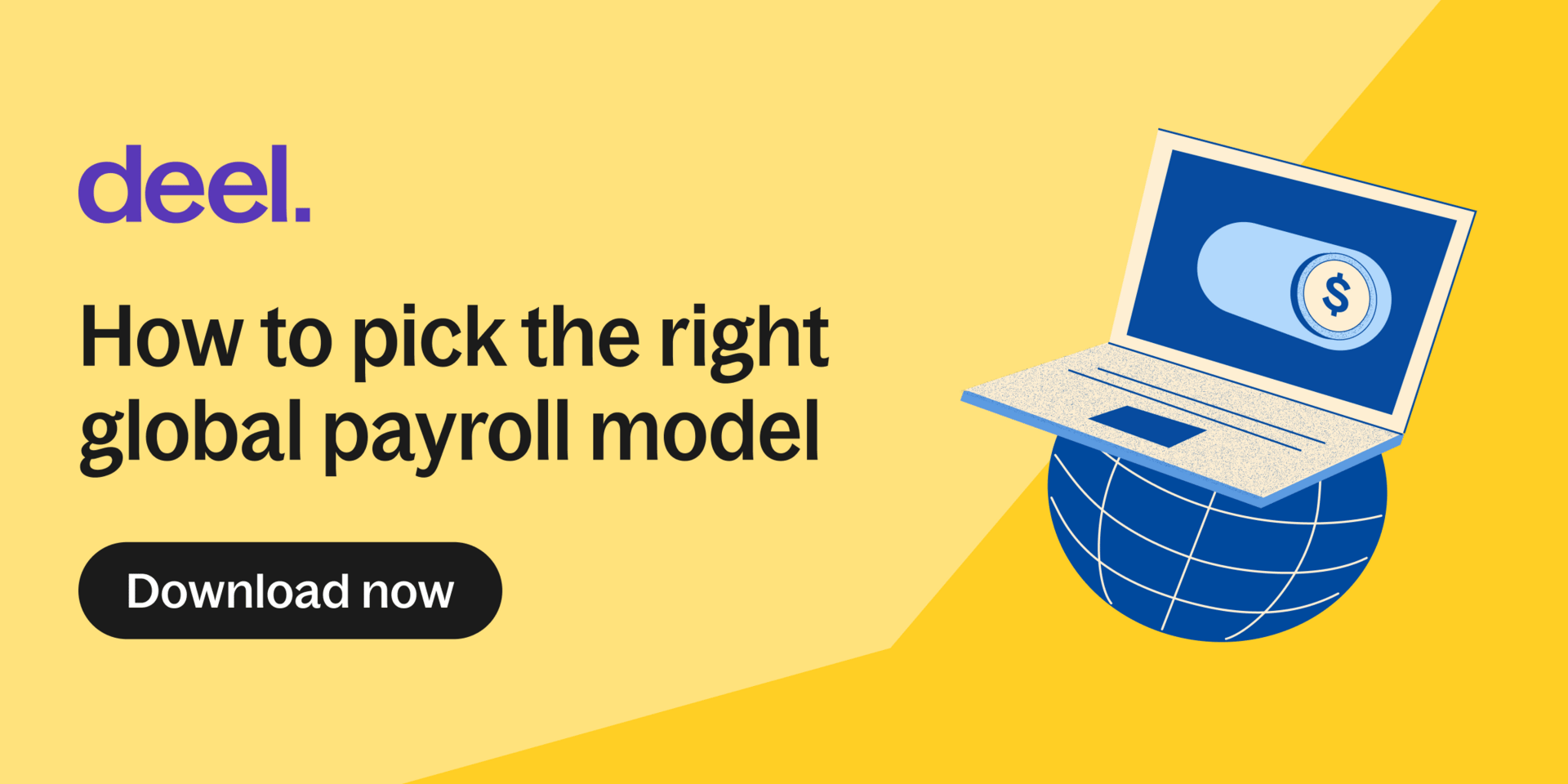October 18, 2025
•
[rtime]
mins
Angela Merkel
At a glance

This edition is brought to you by Deel
Good morning to all new and old readers! Here is your Saturday edition of Faster Than Normal, exploring the stories, ideas, and frameworks of the world’s most prolific people and companies—and how you can apply them to build businesses, wealth, and the most important asset of all: yourself.
Today, we’re covering Angela Merkel and her journey to becoming one of the most influential and respected leaders of the 21st century.
If you enjoy this, feel free to forward along to a friend or colleague who might too. First time reading? Sign up here.
What you’ll learn:
How Angela Merkel did become Europe’s steady hand
Lessons on mastering the art of listening, don’t underestimate the power of pragmatism and playing the long game
Quotes on decision-making, resilience and ambition
Cheers,
Alex
P.S. Send me feedback on how we can improve. We want to be worthy of your time. I respond to every email.
Angela Merkel

Born in Hamburg but raised in Templin, a quiet town in East Germany, Angela Merkel's early life was far from glamorous. Her father was a Lutheran pastor, her mother a teacher. Life behind the Iron Curtain was restrictive, but it instilled in young Angela a sense of discipline and a thirst for knowledge.
"I grew up in a small town. It was very provincial," Merkel once said. "But it taught me the value of hard work and the importance of education."

Merkel excelled academically, particularly in science and mathematics. She earned a doctorate in quantum chemistry - an unusual path for a future political leader. But this scientific background would later prove invaluable, shaping her analytical approach to problem-solving.
The fall of the Berlin Wall in 1989 was Merkel's pivotal moment. As East Germany crumbled, she saw a chance to enter politics. She joined the newly formed Democratic Awakening party, quickly rising through the ranks.
"When the Wall fell, I knew this was my opportunity to make a difference," Merkel recalled. "I couldn't just stand by and watch."
Merkel's path to power was far from smooth. As a woman from the East in a male-dominated, West German-centric political landscape, she faced skepticism and prejudice. Her reserved demeanor and analytical approach were often criticized as lacking charisma.
But Merkel persevered. She outmaneuvered political rivals, including her one-time mentor Helmut Kohl. She weathered scandals that toppled others. Her pragmatism and ability to build consensus gradually won over skeptics.
"I am not a woman chancellor, I am the chancellor," she once stated firmly, brushing off gender-based criticism.
In 2005, Merkel achieved the unthinkable. She became Germany's first female chancellor. Over the next 16 years, she would lead Europe's largest economy through multiple crises - the 2008 financial crash, the eurozone debt crisis, the refugee influx of 2015, and the COVID-19 pandemic.

Her steady leadership earned her the nickname "Mutti" (Mommy) from Germans and admiration worldwide. By 2015, Forbes named her the world's most powerful woman for the fifth consecutive year.
"Power is the ability to shape things," Merkel once said. "It's about making a positive difference."
Merkel's success wasn't measured in personal wealth - her net worth remained modest by world leader standards. Instead, her riches came in the form of influence and respect on the global stage.
Her legacy is complex. Critics argue she was too cautious, too reactive. Supporters praise her for maintaining stability and championing European unity in turbulent times.
Perhaps Merkel's greatest achievement was proving that a woman from humble beginnings could rise to become one of the most influential leaders of her generation. She shattered glass ceilings without fanfare, letting her actions speak louder than words.
"I never asked myself, 'What can I do because I'm a woman?'" Merkel reflected. "I asked myself, 'What do I want to do?'"
Merkel's story is a reminder that true leadership isn't about charisma or grand gestures. It's about persistence, adaptability, and a unwavering commitment to one's principles.
Lessons
Lesson 1: Master the art of listening. Merkel is known for her ability to absorb information and really hear what others are saying. This skill helped her navigate complex negotiations and build consensus. "She has the ability to listen to people in a way that makes them feel heard," says a former aide. In business, truly listening to your customers and team can give you a significant edge.
Lesson 2: Don't underestimate the power of pragmatism. Merkel was known for her pragmatic approach, often frustrating ideologues but appealing to a broad base. As she put it, "I am known for sometimes deciding things at the last minute, but then sticking to them." In business, being flexible and practical can help you navigate uncertain environments.
Lesson 3: Play the long game. Merkel was known for her patience and long-term thinking. She often outlasted her opponents by simply waiting them out. In business, resist the pressure for quick wins and focus on building sustainable advantages. As Merkel put it, "I am not the kind of person who is disappointed by not getting results immediately."
Lesson 4: Cultivate a personal brand of reliability. Merkel's nickname was "Mutti" (Mommy), reflecting her image as a steady, reliable leader. This brand helped her weather crises and maintain public support. In business, being seen as dependable can be a powerful differentiator.
Lesson 5: Don't be afraid of incremental progress. Merkel's approach was often described as "politics of small steps." She wasn't flashy, but she got things done. In startups, we often glorify big, disruptive moves. But sometimes, steady, incremental progress is more effective. As Merkel once said, "Step by step, we will continue to solve problems."
Lesson 6: Embrace your outsider status. Merkel's background as an East German scientist set her apart in German politics. Instead of hiding it, she used it to her advantage. It gave her a unique perspective and helped her connect with voters who felt like outsiders. You don't need to fit the mold to succeed. Your differences can be your strength.
How to pick the right global payroll mode
Find your fit: Deel’s free guide breaks down 3 global payroll models with key benefits and tradeoffs for HR and finance teams.
Angela Merkel Quotes
On decision-making: "For me, it is always important that I go through all the possible options for a decision."
On resilience: "I might bend, but I will never break because it's in my nature as a strong woman."
On ambition: "I have never underestimated myself. There's nothing wrong with being ambitious."
On change: "Anything that seems to be set in stone or inalterable can, indeed, change."
On ethical leadership: "Am I doing something because it is right, or simply because it's possible?"
On pushing your boundaries: "Surprise yourself with what is possible."
On risk-taking: "Remember that openness always involves risks."
On adaptability: "Letting go of the old is part of the new beginning."
On perspective: "Nothing can be taken for granted. Everything is possible."
On problem-solving: "When an issue doesn't move forward, I try to look at it from a different angle."
Speeches
Further Readings
Angela Merkel's official biography on the German government website
"Angela Merkel: A Chancellorship Forged in Crisis" - Brookings Institution
That’s all for today, folks. As always, please give me your feedback. Which section is your favourite? What do you want to see more or less of? Other suggestions? Please let me know.
Have a wonderful rest of week, all.
Recommendation Zone
⎯
Build Global Teams, Save Smart
Hiring remote talent has been one of the most impactful decisions I’ve made, supporting everything from marketing and customer support to operations and admin.
I’ve used Athyna, a global talent platform that helps companies quickly hire top professionals from talent-rich regions like Latin America, Southeast Asia, and Africa — often delivering up to 70% cost savings. They move fast (under 5 days), and cover roles across engineering, marketing, design, and ops.
Athyna sources talent from companies like Facebook, Uber, Zoom, and Salesforce, so you’re not sacrificing quality, just unlocking global efficiency. Highly recommend giving them a look.


Alex Brogan
Find me on X, LinkedIn, YouTube, Instagram, TikTok
Offshore Talent: Where to find the best offshore talent. Powered by Athyna.
Why Faster Than Normal? Our mission is to be a friend to the ambitious, a mentor to the becoming, and a partner to the bold. We achieve this by sharing the stories, ideas, and frameworks of the world's most prolific people and companies—and how you can apply them to build businesses, wealth, and the most important asset of all: yourself.
Faster Than Normal is a ‘state' of being’ rather than an outcome. Outlier performance requires continuous, compounded improvement. We’re your partner on this journey.
Send us your feedback and help us continuously improve our content and achieve our mission. We want to hear from you and respond to everyone.

Interested in reaching Founders, Operators, and Investors like you? To become a Faster Than Normal partner, apply here.
.png)

.png)